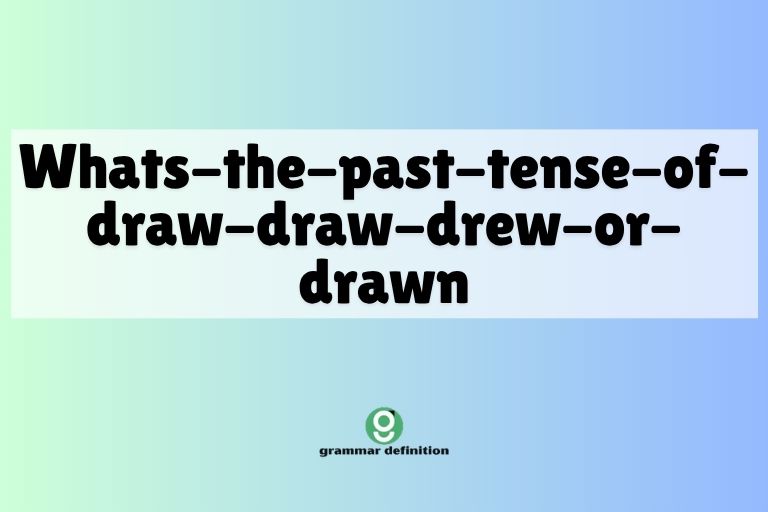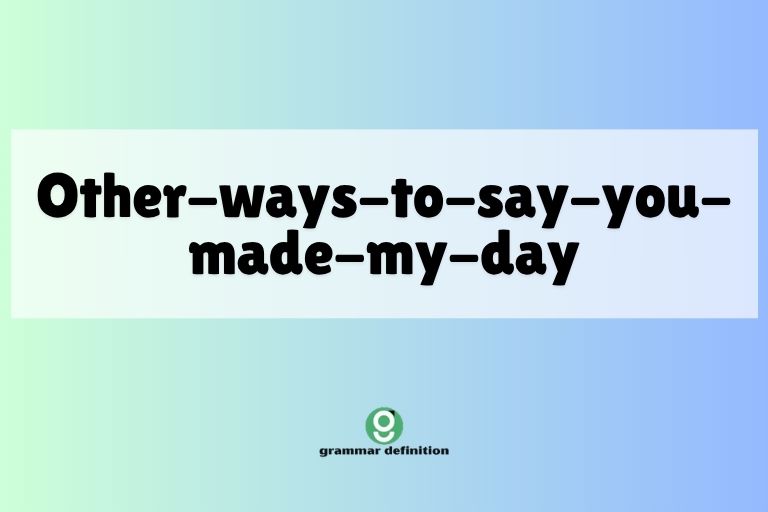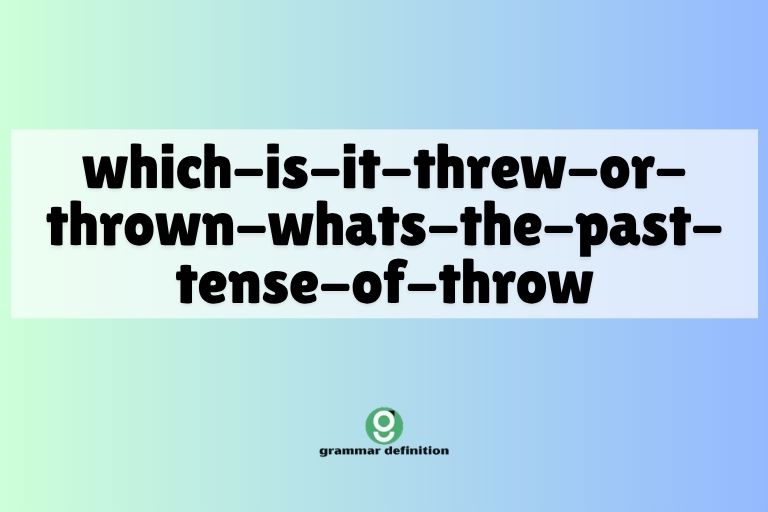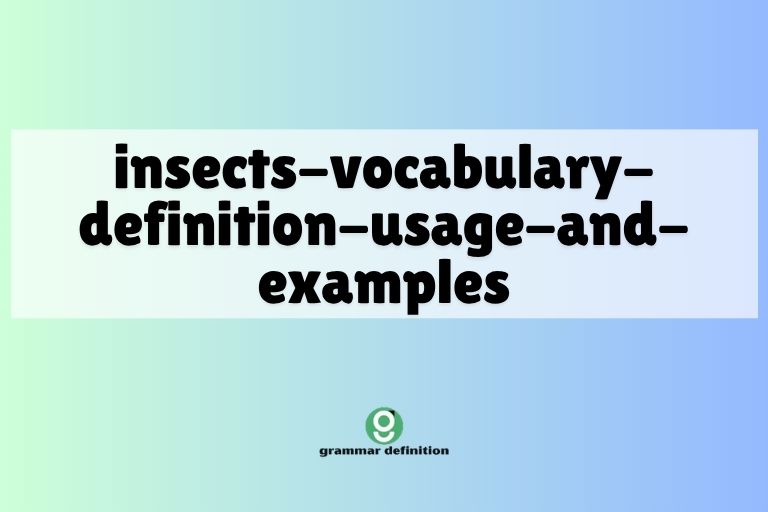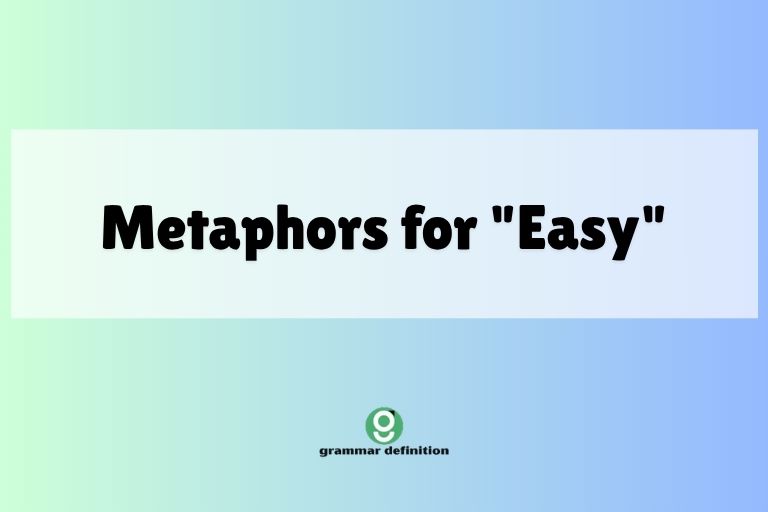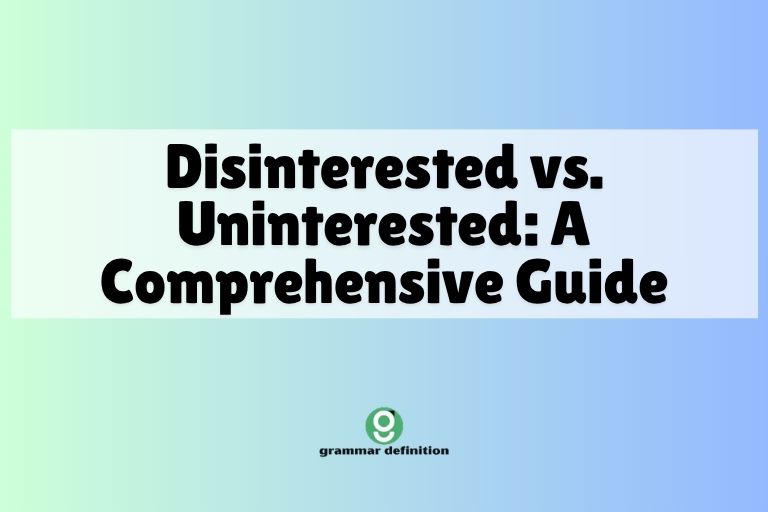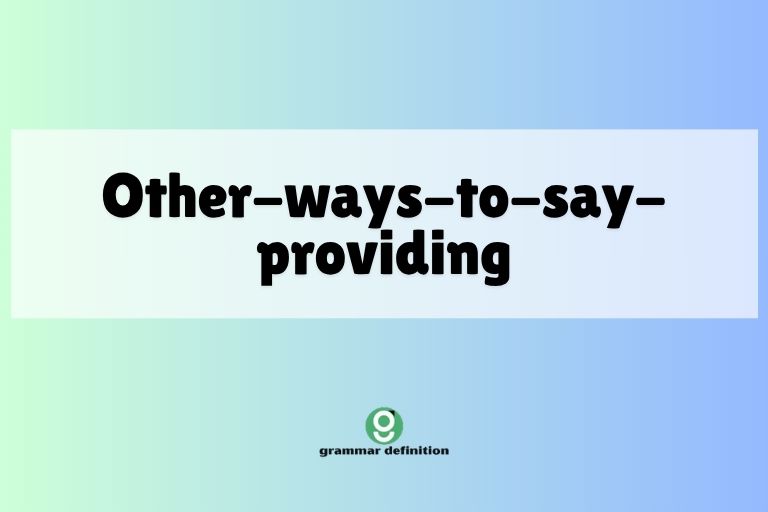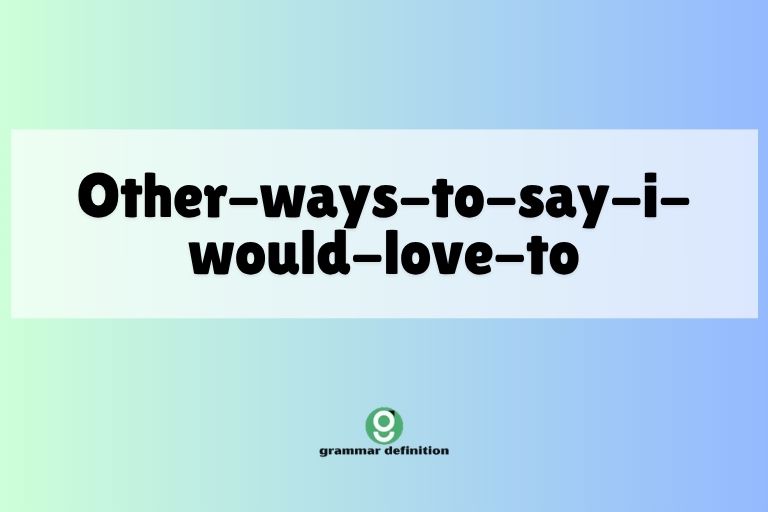Draw, Drew, or Drawn: Mastering the Past Tense of Draw
Understanding the correct past tense forms of irregular verbs like “draw” is crucial for effective communication in English. The verb “draw” is commonly used in various contexts, from art and design to everyday descriptions. Knowing whether to use “draw,” “drew,” or “drawn” depends on the tense and structure of the sentence. This article provides a…

